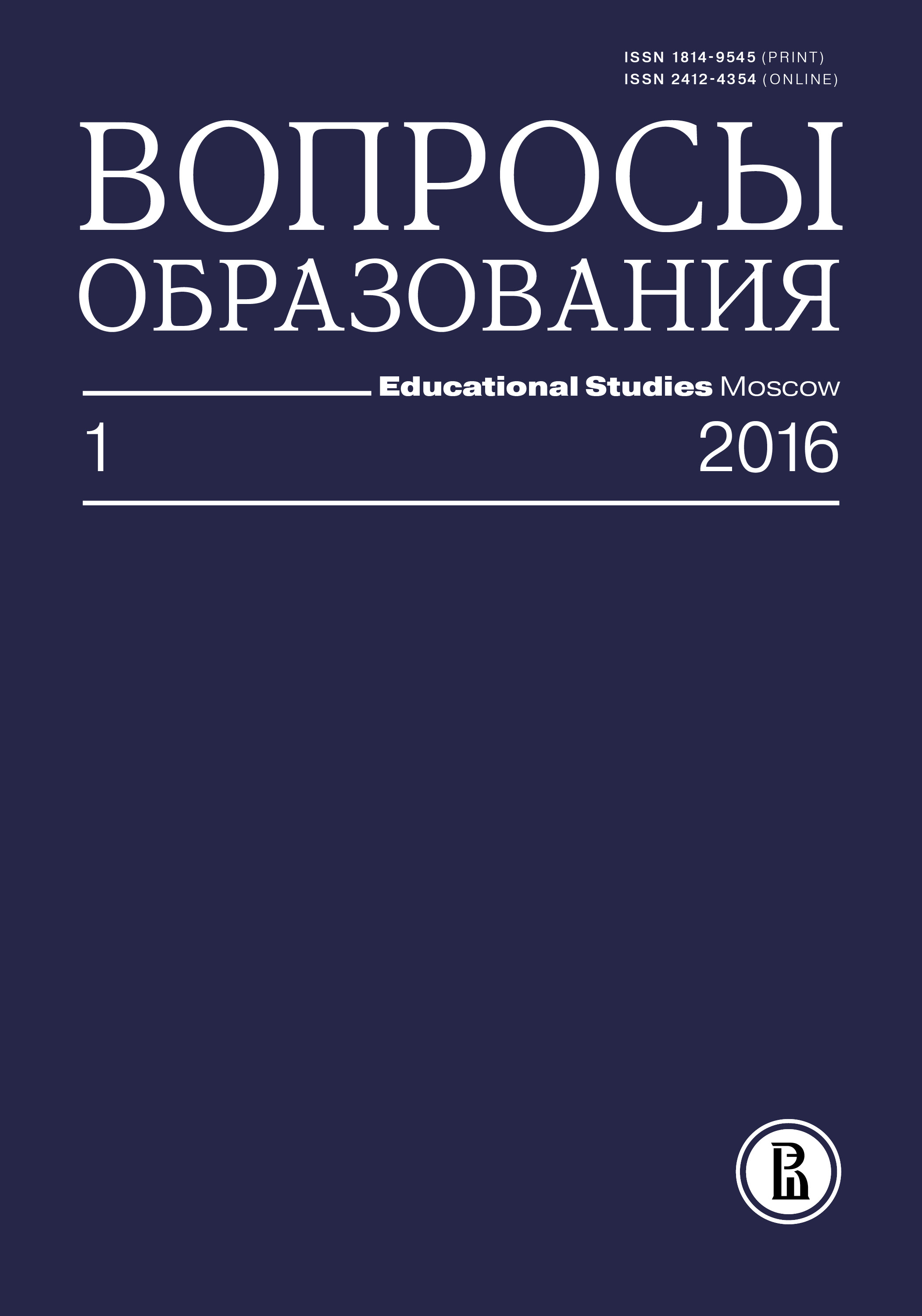How Perception of Academic Honesty at the University Linked with Student Engagement: Conceptualization and Empirical Research Opportunities
Abstract
Academic dishonesty among university students is a major problem for higher education and has negative economic impacts in a lot of countries including Russia. While exploring why students choose dishonest ways of obtaining good grades instead of getting involved in the learning process and acquiring as much knowledge and experience at the university as possible, most researchers focus on academic dishonest practices, ignoring the reasons for and factors of honest learning behavior. We regard student engagement as the opposite of academic dishonesty and propose a conceptual model of how academic honesty at the university influences various aspects of student engagement in learning. We conduct an empirical study to test the hypothesis on the correlation between characteristics of honesty at the university and parameters of student engagement suggested as part of the conceptual model. We use the data collected by the Monitoring of Student Characteristics and Trajectories carried out in universities included in the Russian Association of Leading Universities in Economics and Management. Having analyzed the data on management and economics students in eight Russian universities, we conclude that the suggested hypothesis has been largely confirmed, and the proposed conceptual model may serve a productive basis for empirical research on the correlation between academic environment parameters and student learning behavior.









